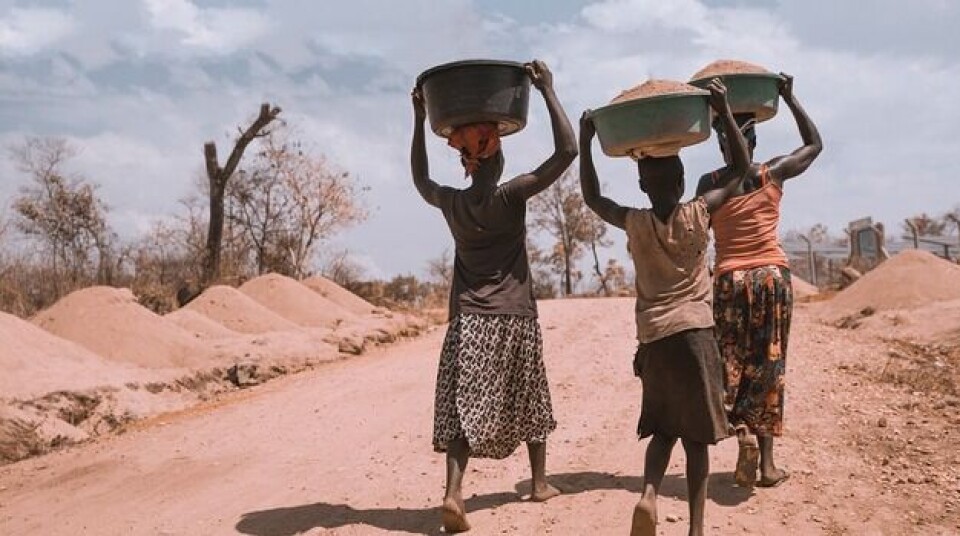Copyright : Re-publication of this article is authorised only in the following circumstances; the writer and Africa Legal are both recognised as the author and the website address www.africa-legal.com and original article link are back linked. Re-publication without both must be preauthorised by contacting editor@africa-legal.com
Lawyer calls for moratorium on staple food price increases

It’s clear that the world is caught in the throes of climate change, and now lawyers are calling for climate justice, especially for poorer countries, writes Annie Dorasamy.
Environment and climate justice, as described by Ugeshnee Naicker, is linking human rights and human development and taking action to prevent the world from heating up.
To achieve climate justice, one needs to understand the contributions of carbon emissions by developed nations versus developing countries, says Naicker, an executive member of the Law Society South Africa. She was speaking at a webinar discussing environment and climate justice.
“It requires transformation that prioritises people and sustainability over profit,” she said, adding that climate change was linked to other inequalities such as food security.
Naicker said that a study had found that 40% of South Africans were insecure, not knowing where their next meal would come from, while another study found that 10 million tons of food was lost or wasted throughout the supply chain, indicating that something was inherently wrong with the system.
“I am advocating that the government needs to put a moratorium on the increase of staple food prices, and at the very least introduce subsidies as a way of incentivising producers to keep food prices as low as possible. There is an obligation on us as the legal fraternity and practitioners and policy makers to ensure accessibility to quality food for the most vulnerable communities. We must create a body of jurisprudence that can substantively give effect to the promises and guarantees in so many legal instruments that we are a party to. It is not only a moral, but also an ethical obligation to do so,” said Naicker.
Athi Jara, director at Werksmans Attorneys, a specialist in mining and environmental law, said while South Africa must be applauded for the strides it has taken to address climate change, it needs to be mindful of the everyday realities and challenges facing the country.
“These challenges include the recent slow economic growth, the current energy crisis, the growing rates of unemployment, as well as the need to address poverty.
South Africa as a developing country should always prioritise development, although this development should not be at the expense of the environment,” she said.
Ilan Lax, a human rights lawyer and activist, said poorer communities and those who live in low income countries have historically contributed the least to climate change but were disproportionately affected.
He called for a Just Transition from coal and other fossil fuels to a society based on clean, just renewable energy and social justice
“The UN chief said it more bluntly,” said Lax, “calling for an end to new fossil fuel exploration and for rich countries to quit coal, oil and gas by 2040. We as lawyers are first and foremost people – fathers, mothers, families, communities – of planet Earth. There is no Planet B, so act wisely or your children and their children’s children will face the consequences. Unless we reimagine the world as a kinder and more generous place, and unless we can be a society that practises Ubuntu, our top down approach will fail and our efforts will be in vain. We have a duty to do more and live the expression ‘not on my watch’.”
To join Africa Legal's mailing list please click here
